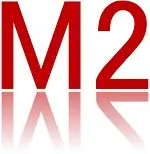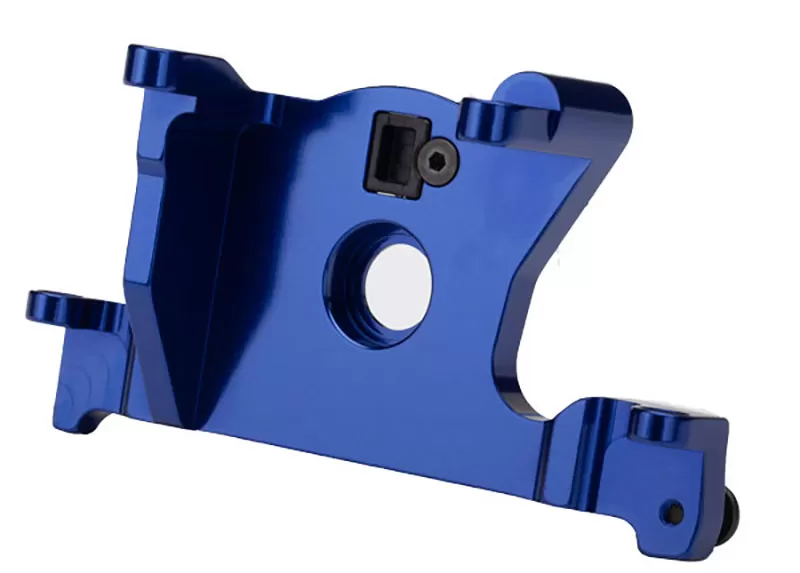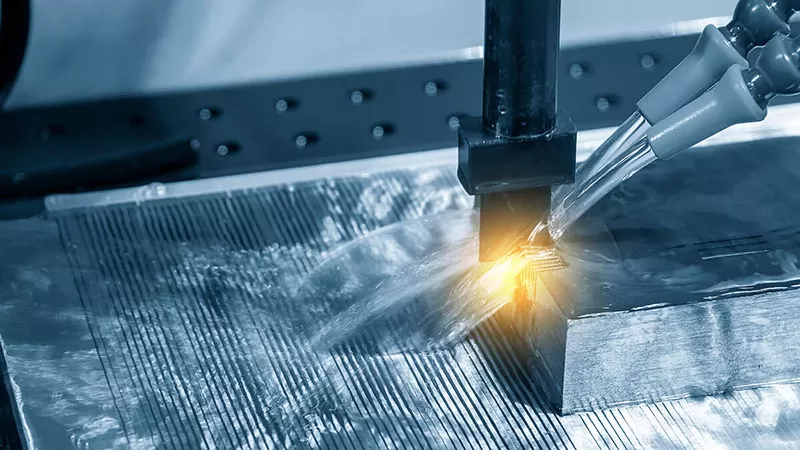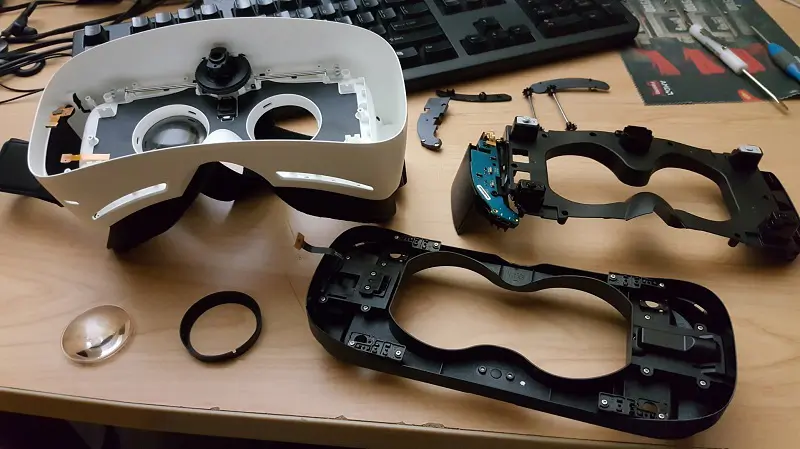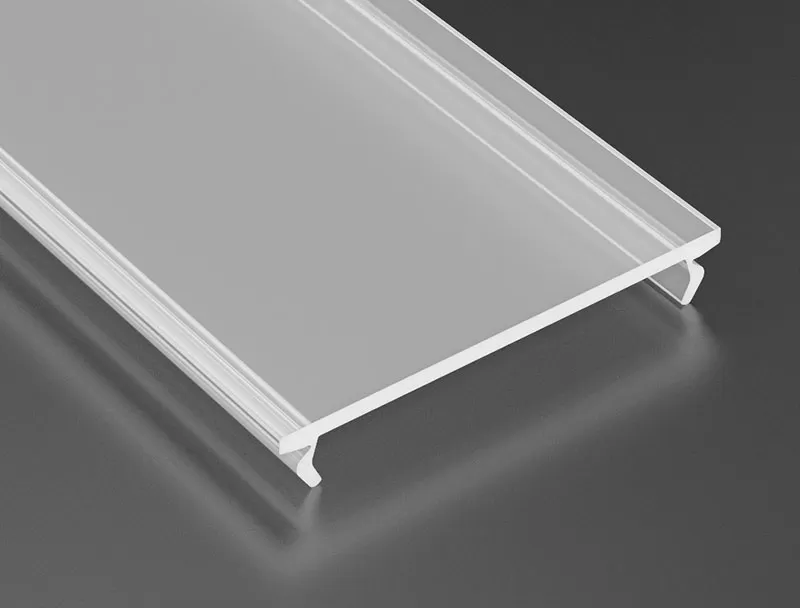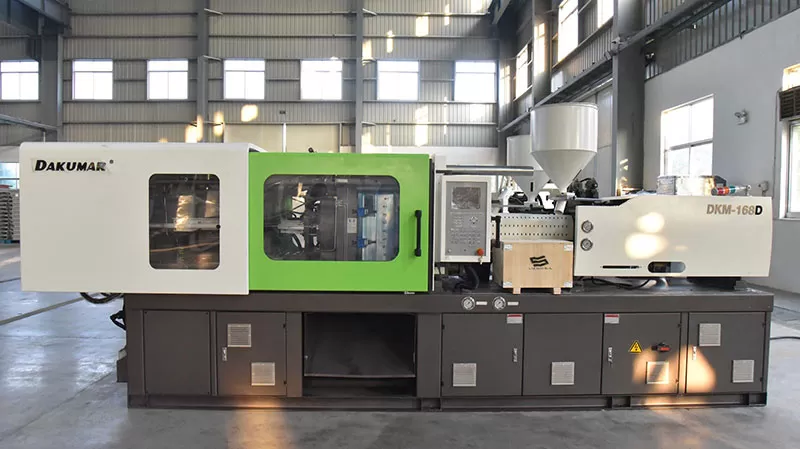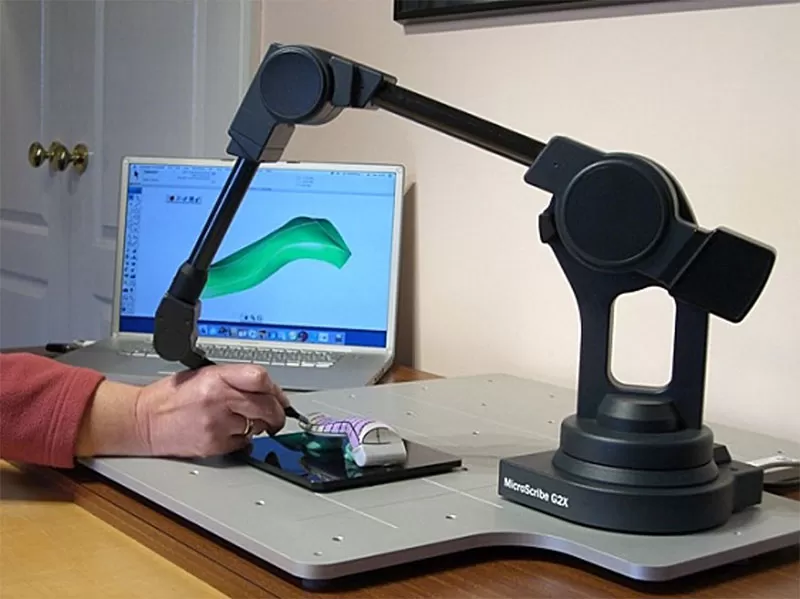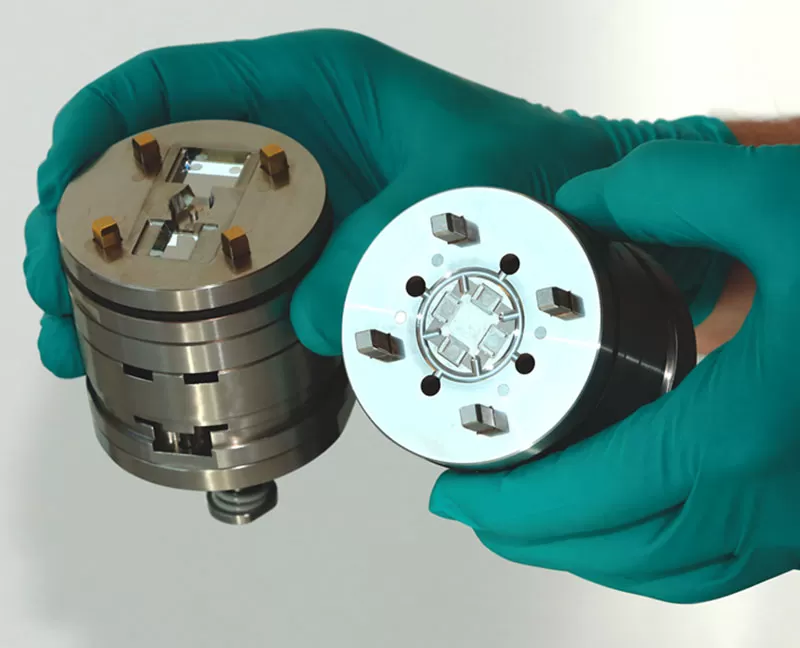How EDM Works and Its Benefits for Custom Manufacturing
Overview of EDM
In the world of custom manufacturing, there are many processes that are used to create unique parts and products. One of the most important and versatile of these processes is EDM, or electrical discharge machining. EDM is a process that uses electrical sparks to shape and cut metal parts to precise specifications, and it is used in a wide range of industries, from aerospace to medical device manufacturing.
The importance of EDM in custom manufacturing cannot be overstated. This process allows for the creation of highly precise and complex parts that would be impossible to achieve with traditional machining methods. EDM is also highly efficient, allowing for the production of parts with minimal waste and maximum accuracy. In addition, EDM can be used with a wide range of materials, including metals, plastics, and ceramics.

Edm For Custom Manufacturing
Understanding EDM for Custom Manufacturing
Custom manufacturing requires the creation of unique parts and products to meet specific client needs. EDM, or electrical discharge machining, is a highly precise and versatile process that is used in custom manufacturing to create complex shapes and precise dimensions. Let’s take a closer look at what EDM is and how it works.
What is EDM?
EDM, which stands for Electrical Discharge Machining, is a manufacturing process that involves the use of electrical sparks to erode material from a workpiece. In this process, an electrode (usually made of graphite) is used to produce a series of electrical discharges, which create sparks that jump between the electrode and the workpiece, removing small amounts of material with each discharge. The electrode and workpiece are immersed in a dielectric fluid, which acts as a coolant and helps to flush away eroded material. It is a highly precise and versatile process that can be used to create complex and intricate shapes with high accuracy. This makes it ideal for manufacturing parts that are difficult or impossible to produce using traditional machining methods. EDM can be used with a wide range of materials, including metals, plastics, and ceramics, and is often used in industries such as aerospace, automotive, medical, and electronics.
Types of EDM used in Customized Manufacturing
There are two main types of EDM used in custom manufacturing: wire EDM and sinker EDM.

Wire Edm
Wire EDM
Wire EDM, also known as wire-cut EDM or WEDM, is a type of Electrical Discharge Machining (EDM) process that uses a thin, electrically charged wire to cut through a workpiece. The wire is made of a conductive material, usually brass or copper, and is held between two spools. The spools are driven by a motor, which moves the wire through the workpiece in a controlled manner.
During the wire EDM process, an electrical discharge is created between the wire and the workpiece, which erodes the material and creates a cut. The wire is continuously fed through the workpiece, creating a path that follows the desired shape of the cut. The process is controlled by a computer, which uses a CAD/CAM program to generate the cutting path.
Wire EDM is often used to create complex and precise parts that are difficult or impossible to produce using traditional machining methods. It is particularly useful for creating parts with intricate shapes, sharp corners, and tight tolerances. Wire EDM can be used with a wide range of materials, including metals, plastics, and ceramics, and is often used in industries such as aerospace, automotive, medical, and electronics.

Sinker Edm For Custom Manufacturing
Sinker EDM
Sinker EDM, also known as die-sinking EDM or cavity-type EDM, is a type of Electrical Discharge Machining (EDM) process that uses a shaped electrode to create a cavity in a workpiece. The electrode is made of a conductive material, usually graphite or copper, and is shaped to match the desired shape of the cavity. The electrode is then lowered into the workpiece, and an electrical discharge is created between the electrode and the workpiece, which erodes the material and creates the cavity.
During the sinker EDM process, the electrode and workpiece are immersed in a dielectric fluid, which acts as a coolant and helps to flush away eroded material. The process is controlled by a computer, which uses a CAD/CAM program to generate the shape of the electrode and the cutting path.
Sinker EDM is often used to create complex and precise parts that are difficult or impossible to produce using traditional machining methods. It is particularly useful for creating parts with deep cavities, sharp corners, and tight tolerances. Sinker EDM can be used with a wide range of materials, including metals, plastics, and ceramics, and is often used in industries such as aerospace, automotive, medical, and electronics.
Advantages of Using EDM in Custom Manufacturing
EDM offers many advantages over traditional machining methods. One major advantage is the ability to create highly complex shapes and precise dimensions. EDM can also be used with a wide range of materials, including hardened steel and exotic alloys. Additionally, EDM is a non-contact process, meaning there is no physical contact between the electrode and the workpiece, which reduces the risk of damage to the workpiece.
Another advantage of EDM is its ability to produce parts with a high degree of accuracy and repeatability. This makes it an ideal process for creating parts that require tight tolerances and precise dimensions.
Limitations of EDM in BESPOKE Manufacturing
While EDM is a highly versatile process, it does have some limitations. One limitation is the speed of the process. EDM can be a slow process, and it may not be ideal for high-volume production runs.
In addition, EDM can be expensive, particularly for small production runs. The cost of the equipment and the electrodes can be significant, and this may make EDM less practical for some custom manufacturing projects.
Overall, the advantages of EDM in custom manufacturing outweigh the limitations, making it a valuable tool for creating complex and precise parts and products.
EDM Processes
Now that we have a better understanding of what EDM is and its advantages, let’s take a closer look at the process of EDM for custom manufacturing.

Process Steps Of Edm
Step-by-Step Process
The EDM process for custom manufacturing typically follows these steps:
- Design: The first step is to design the part or product you want to create.
- Material Selection: Next, select the material you want to use for the part or product. EDM can be used with a wide range of materials, including metals, plastics, and ceramics.
- Electrode Selection: Choose the electrode that is compatible with the material and the desired shape and size of the part or product.
- Setup: Secure the workpiece in the EDM machine and install the electrode.
- Machining: The EDM process involves creating electrical sparks between the electrode and the workpiece, which erodes the material and shapes it to the desired form.
- Finishing: After the machining process is complete, the part or product may require finishing, such as polishing or deburring.
- Inspection: Finally, inspect the part or product to ensure it meets the desired specifications.
Materials Used in EDM
EDM can be used with a wide range of materials, including metals, plastics, and ceramics. Some common materials used in EDM include:
- Hardened steel
- Titanium
- Inconel
- Carbide
- Graphite
- Aluminum
- Copper
- Brass
- Plastics
Safety Precautions
EDM can be a hazardous process, and it is important to take proper safety precautions to avoid accidents and injuries. Some important safety precautions to follow when using EDM for custom manufacturing include:
- Wearing protective equipment, such as safety glasses and gloves.
- Ensuring proper grounding of the EDM machine to avoid electrical shocks.
- Properly ventilating the area to avoid exposure to fumes and dust.
- Following proper maintenance procedures to ensure the machine is in good working condition.
EDM Equipments
EDM machines come in a variety of sizes and configurations, depending on the specific needs of the custom manufacturing project. Some common types of EDM equipment used in custom manufacturing include:
- Wire EDM machines
- Sinker EDM machines
- Small hole drilling EDM machines
- CNC EDM machines
Overall, the EDM process for custom manufacturing is a highly precise and versatile process that can be used with a wide range of materials and equipment. By following proper safety precautions and using the right equipment, EDM can be a safe and efficient way to create complex and precise parts and products.
Applications of EDM in Custom Manufacturing
EDM is a highly versatile process that can be used in a wide range of industries and applications. Let’s take a closer look at some of the most common applications of EDM in custom manufacturing. Check how how EDM used in mold tooling.
Applications of EDM in Various Industries
EDM is used in a wide range of industries, including:
- Aerospace: EDM is used to create complex parts for aircraft engines and structural components.
- Automotive: EDM is used to create molds for plastic injection molding and to create complex engine components.
- Medical: EDM is used to create medical devices, such as surgical tools and implants.
- Electronics: EDM is used to create molds and dies for electronic components, such as circuit boards.
- Tool and Die: EDM is used to create molds and dies for a wide range of manufacturing processes.
Examples of Custom Manufacturing Projects That Use EDM Technology
Some examples of custom manufacturing projects that use EDM technology include:
- Injection molds for plastic parts
- Aerospace components, such as turbine blades and fuel nozzles
- Medical implants, such as hip and knee replacements
- Dies for stamping metal parts
- Complex gears and other mechanical components
Advantages of Using EDM over Other Custom Manufacturing Processes
EDM offers several advantages over other custom manufacturing processes, including:
- Ability to create highly complex shapes and precise dimensions
- Suitable for use with a wide range of materials, including hardened metals and exotic alloys
- Non-contact process that reduces the risk of damage to the workpiece
- High degree of accuracy and repeatability, making it ideal for creating parts with tight tolerances
Comparison of EDM with Other Custom Manufacturing Processes
While EDM offers many advantages, it is not always the best choice for every custom manufacturing project. Other processes, such as CNC machining and 3D printing, may be better suited for certain applications. Some factors to consider when choosing between EDM and other custom manufacturing processes include:
- Material: EDM is best suited for hard materials, while other processes may be better suited for softer materials.
- Complexity: EDM is ideal for creating highly complex shapes, while other processes may be better suited for simpler shapes.
- Cost: EDM can be an expensive process, particularly for small production runs, while other processes may be more cost-effective.
EDM is a valuable tool in custom manufacturing, offering great precision and versatility in creating complex and precise parts. By considering the specific needs of the project and the advantages and limitations of the different processes, custom manufacturers can choose the process that best suits their needs.
Choosing the Right EDM for Custom Manufacturing
Choosing the right EDM machine is an important decision for custom manufacturers. Let’s take a closer look at some of the factors to consider when choosing an EDM machine for custom manufacturing.

Makino Up32j – 2012 Wire Cutting Edm Machine
Choosing an EDM Machine
Some factors to consider when choosing an EDM machine for custom manufacturing include:
- Type of EDM machine: Wire EDM or sinker EDM, depending on the specific needs of the project.
- Size of the workpiece: The size of the workpiece will determine the size of the EDM machine needed.
- Material: Some EDM machines are better suited for certain materials than others.
- Accuracy and precision: The required level of precision and accuracy will determine the type of EDM machine needed.
- Production volume: The required production volume will determine the type of EDM machine needed, as well as the need for automation.
Popular Brands of EDM Machines
There are many brands of EDM machines available on the market, each with its own advantages and disadvantages. Some popular brands of EDM machines used in custom manufacturing include:
- Mitsubishi Electric
- Sodick
- Makino
- GF Machining Solutions
- Fanuc
- Charmilles
Cost Implications
The cost of using EDM for custom manufacturing can vary widely depending on several factors, including:
- Type of EDM machine: Wire EDM machines are generally less expensive than sinker EDM machines.
- Size of the workpiece: Larger workpieces may require a larger, more expensive EDM machine.
- Material: Some materials are more difficult to machine than others, and may require more expensive EDM equipment.
- Production volume: The cost of EDM equipment and materials may be more cost-effective for high-volume production runs.
Overall, the cost of using EDM for customized manufacturing can vary widely depending on the specific needs of the project. Custom manufacturers should carefully consider the cost implications of using EDM and weigh them against the advantages and limitations of the process. By choosing the right EDM machine for the project, custom manufacturers can achieve the desired level of precision and accuracy while minimizing costs.
EDM and Custom Manufacturing Industry Trends
The custom manufacturing industry is constantly evolving, and EDM is no exception. Let’s take a closer look at some of the trends and developments in EDM for custom manufacturing.
The Future of EDM in Custom Manufacturing
The future of EDM in custom manufacturing looks bright, as the demand for highly precise and complex parts continues to grow. EDM is expected to continue to play a significant role in the custom manufacturing industry, particularly in industries such as aerospace, automotive, and medical.
Technological Advancements in EDM
Technological advancements in EDM for custom manufacturing are focused on improving efficiency, precision, and automation. Some of the recent advancements include:
- Adaptive EDM: This technology uses real-time feedback to adjust the machining parameters for optimal performance and accuracy.
- Additive EDM: This technology combines additive manufacturing with EDM to create highly complex parts with intricate details.
- High-speed EDM: This technology allows for faster machining times, reducing production time and costs.
The Impact of EDM on the Custom Manufacturing Industry
EDM has had a significant impact on the custom manufacturing industry, offering a highly precise and versatile process for creating complex and precise parts. EDM has enabled custom manufacturers to create parts that were previously impossible or too difficult to create using traditional machining methods. Additionally, EDM has increased the efficiency and automation of the custom manufacturing process, reducing production times and costs.
EDM is expected to continue to play a significant role in the custom manufacturing industry, as technological advancements continue to improve the precision, efficiency, and automation of the process. Custom manufacturers who embrace these trends and advancements in EDM are likely to stay ahead of the competition and meet the growing demands of their clients.
